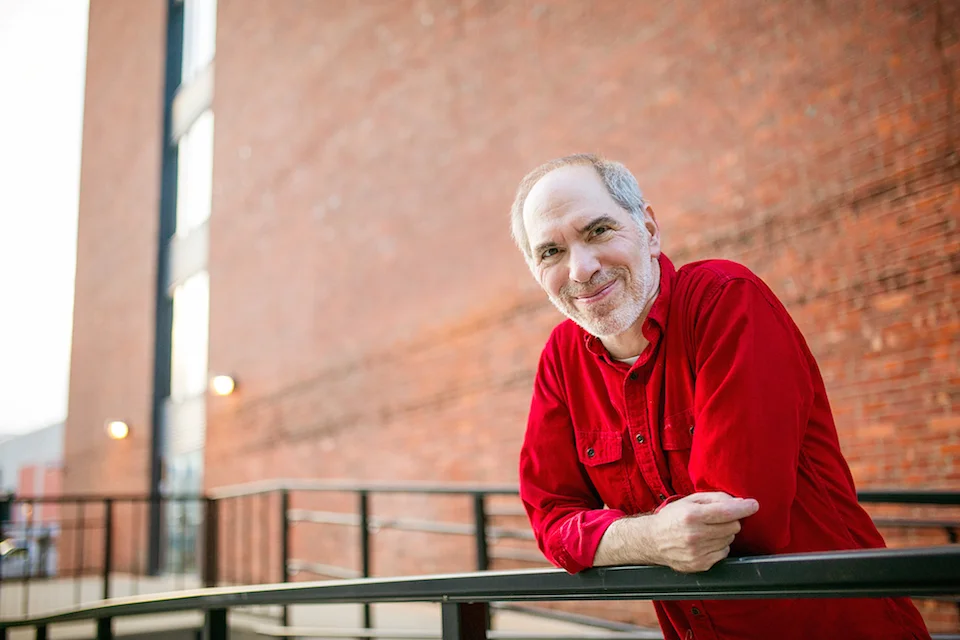On Beethoven
/When Alan Rich was the music critic for New York Magazine, he wrote a Mozart’s birthday article every January. Having lived through both 1991’s bicentennial of Mozart’s death and the 250th anniversary of his birth in 2006—with their attendant gluttonous messes of performances, recordings, T-shirts and coffee mugs—I can easily appreciate Rich’s basic insight into Mozart: that the magnitude of his achievement can support at least one thoughtful article per year.
It could be that Mozart has become the composer for our contradictory time, a flawed man whose work approaches perfection. He would have been a great talk show guest, revealing to Dr. Phil or to the hosts of The View, what it was like growing up in a dysfunctional family with a domineering father.
It wasn’t always so. From immediately after his death in 1827, Beethoven was the greatest of composers to musicians and audiences alike. In the subsequent nearly two centuries, Beethoven’s stock has continued to rise. People whose musical knowledge is nil nonetheless recognize his name, as they might know the names “Shakespeare” or “Rembrandt” without ever having seen a play or entered a museum. Why Beethoven?
In a simpler time we needed, even accepted, the plausibility of super-human heroes. As a rebel against the system of royal patronage, Beethoven filled the bill. His attempt to earn both his living and his recognition from a wider, democratic public made him the first politically correct composer, despite his early admiration for Napoleon.
Then there’s the music itself, full of energy and life-affirming rhythmic drive. And, of course, his deafness, whose poignant tragedy continues to move us, especially in his last masterpieces: the Ninth Symphony, the Missa Solemnis and the late string quartets.
It’s perhaps on this last point that Beethoven’s ultimate fame rests. We like to divide things into threes, and the nineteenth century critics who split Beethoven’s works into three periods—early, middle and late—did his reputation a great service. For these three periods correspond with the major phases of life: youth, maturity and old age. So, as with few composers, when we listen to Beethoven, our mortality passes before our ears.
KWMU commentary 1992, revised 2019
As part of NEC's Music: Truth to Power festival, David Loebel, Associate Director of Orchestras, conducted the NEC Symphony' in a performance of Beethoven's Symphony No. 3 "Eroica" on February 11, 2014 in NEC's Jordan Hall.
